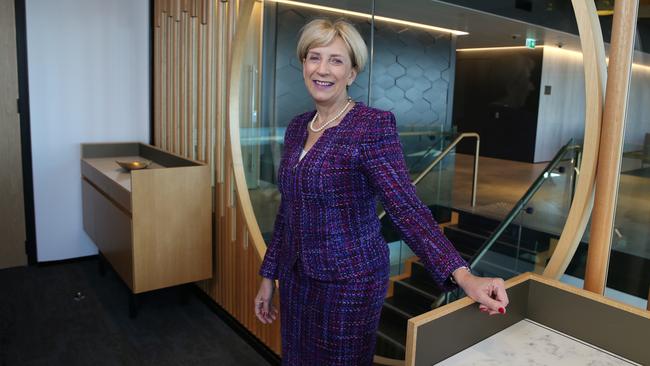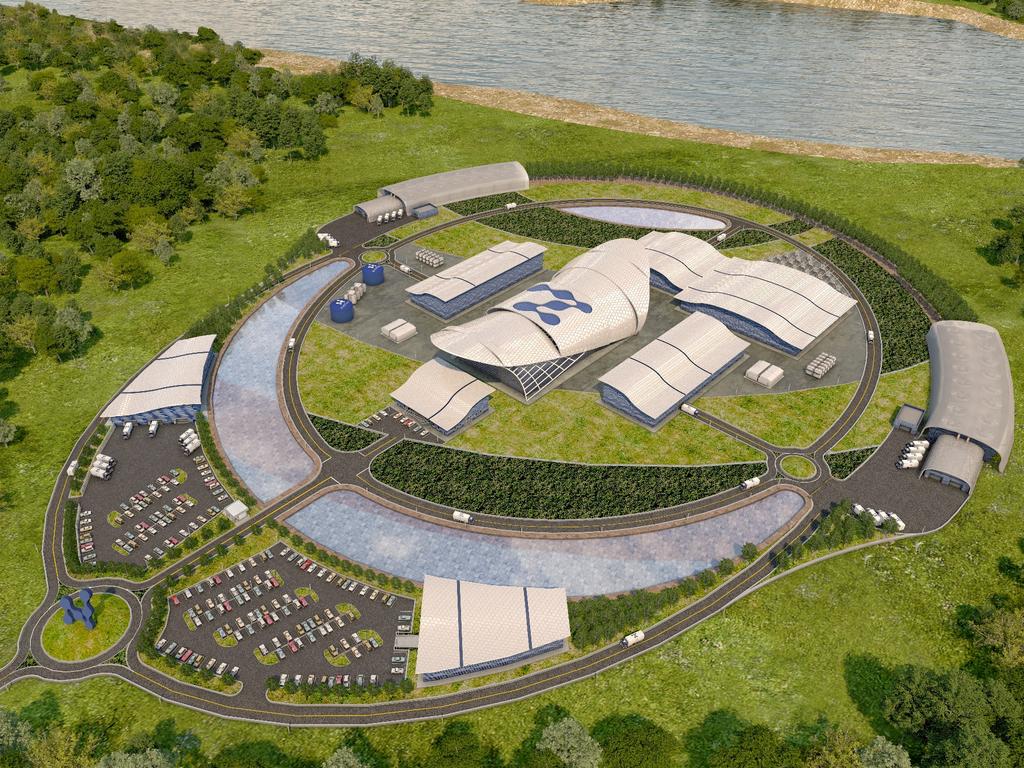Liontown and Lynas focused on execution rather than corporate plays and legal battles
Mining companies Liontown Resources and Lynas told investors at the Macquarie Australia conference that they weren’t allowing external factors to distract them from their prime focus.

Takeover target lithium miner Liontown Resources and critical minerals miner Lynas have told investors at the Macquarie Australia conference that their strategies are focusing on execution rather than corporate plays and legal battles.
Liontown – 17 per cent owned by management – has rejected three takeover bids from US lithium giant Albemarle and on Wednesday told the Australian Securities Exchange it had not received any rival takeover approaches.
The Perth-based lithium explorer is focused on getting production up and running by next year, with production targets of 3 million tonnes of spodumene by 2029 and pushing out to 4 million tonnes by year six.
Chief executive officer Tony Ottaviano said the best way to unlock value and ensure any suitors paid a fair price was by delivering on that plan.
“How do I get a bidder to bid for that? Well, executing that strategy,” Mr Ottaviano said.
Liontown and other lithium and critical mineral companies are enjoying skyrocketing share prices on the back of global demand for battery-making materials as the world looks to decarbonise.
Liontown expects to start production at its Kathleen Valley project next year and Mr Ottaviano said the supply/demand balance would be in his company’s favour as 100 new lithium projects were needed to be in production in order to meet forecast global demand by 2030.
Some analysts have forecast a weakening of lithium prices as more production comes online, particularly from China, but this could be offset by a global shift away from reliance on the world’s second biggest economy.
“Demand will continue to be strong,” Mr Ottaviano said.
“We are seeing a shift where more and more ex-China refining capacity is being built and the view we have in house is that it’s going to be 50/50 by the end of this decade, and we can see that also in battery cell manufacturing.”
The most recent bid Liontown rejected from New York-listed Albemarle, which already owns the biggest lithium mine in Australia Greenbushes, in a joint venture with China’s Tianqi Lithium, was at $2.50 a share, or a 67 per cent premium.
Most expect the company to receive further takeover offers with heightened activity in the sector and few companies near production.
Australia only has six lithium miners actually in production despite being the world’s biggest lithium producer. Chilean lithium giant SQM is already in Australia and Wesfarmers and Mineral Resources are known to be looking to expand their lithium operations.
While critical minerals miners have also been enjoying surging stock prices as demand for electric vehicle-making products increases, ASX-listed Lynas has been dealing with negative sentiment after Tesla announced plans to remove rare earths such as neodymium and praseodymium (NdPr) from its vehicles in future.
Lynas is the biggest rare earths miner in the world outside of China and produced about 2500 tonnes of NdPr in the last half.
Lynas chief executive Amanda Lacaze said while there would always be alternative technologies, rare earths were the number one method.
“Rare earths are not the only way to power electric vehicles, they just happen to be the best,” Ms Lacaze said.
“It’s the most efficient, generates the least emissions both through the production of the material and the life of the vehicle and actually improves the efficiency of the vehicle because they are lighter batteries.”
Demand for NdPr, used in permanent magnets for EVs and wind turbines, is expected to double by 2030.
“Telsa has about 3 per cent of the global automotive market and they may choose not to use rare earths, but many other firms do,” Ms Lacaze said.
At the moment Lynas does not produce magnets or metals but Ms Lacaze said a move downstream was not off the table.
“Maybe, (but) we have enough on our agenda just to date. Plans are great. Execution is everything, and we may think about taking a different position in the value chain, but not today. We have some projects we have to deliver.”
Among those projects is its Kalgoorlie cracking and leaching plant that is working to get up and running.
The pressure is on to get the Kalgoorlie site operational because the Malaysian government has only given it a three-year extension of its operating licence conditional on not importing lanthanide concentrate needed for cracking and leaching after July.
Lynas is appealing the ruling, issued by the Malaysian government under increased pressure from activists opposed to Lynas’s operations in their country.
If it is unsuccessful it will shut its processing facility in Malaysia down until it has Kalgoorlie up and running.
“It has been problematic,” Ms Lacaze admitted, but politicians in Malaysia “are no better or worse than politicians anywhere else in the world. We have to work our way through the process.”






To join the conversation, please log in. Don't have an account? Register
Join the conversation, you are commenting as Logout